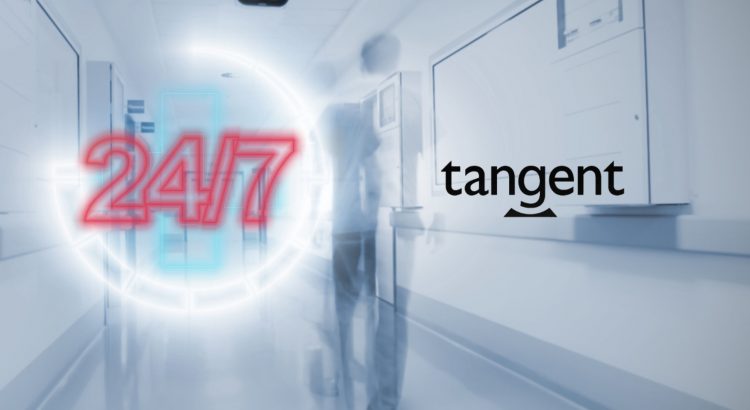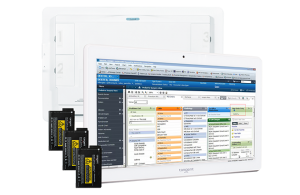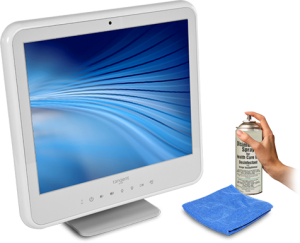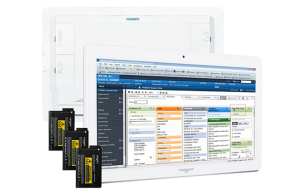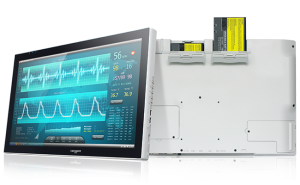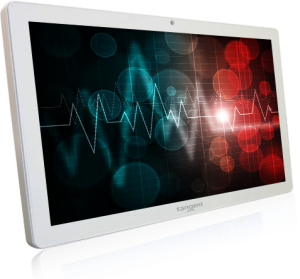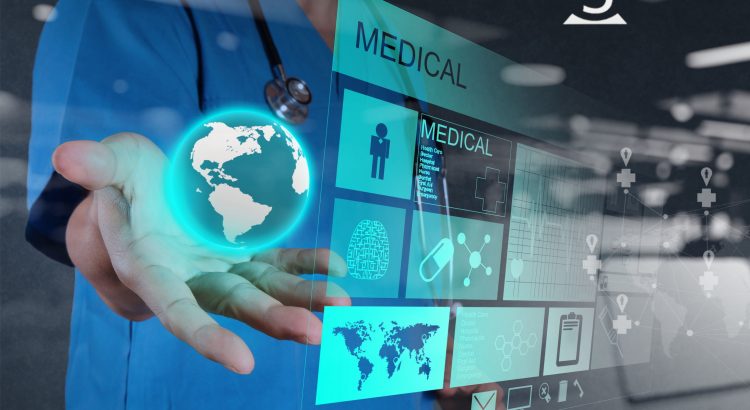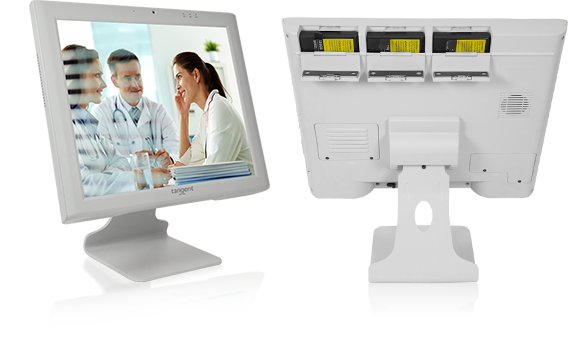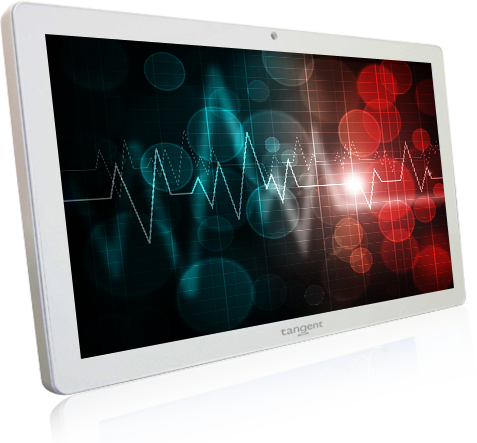In these times, it is becoming increasingly risky to have healthy patients enter hospitals where they can easily become disease vectors. Because of this, many hospitals are transitioning doctor visits to telehealth visits. Telehealth refers to medical computer based doctor visits, where a doctor uses a medical computer to video-chat with their patient. Telehealth has seen such a rise in the last few weeks that the industry is having trouble keeping up with demand, according to the Wall Street Journal.
With this in mind, it is more important than ever to have this critical technology implemented in your hospital as soon as possible. Like personal protective equipment, telehealth using medical computers is a preventive measure to ensure those in your community and hospital remain healthy.
Telehealth Is Easier Than Ever
One of the main obstacles for telehealth is the seemingly tough challenge of implementing the technology. Because of the amount of regulations regarding medical data, using video-chat has been clouded by a barrier of laws. However, the Department of Health and Human Services has temporarily lifted many of these restrictions.
Video services like Zoom, Facetime, and Skype have all been given temporary approval for use during these times. Many other medical specific services such as VSee, Doxy, thera-Link, and Amazon Chime are available as well. Many of these telehealth services can be downloaded directly onto HIPPA compliant, medical grade computers.
Inform Patients That Telehealth Costs May Be Waived By Their Insurance
You read that right, insurance companies like Aetna and Blue Cross Blue Shield have announced that they are suspending co-pays for telehealth appointments. Both of these insurance companies see the life-saving potential of telehealth appointments on medical computers.
As jobless claims in the United States surge, it is more important than ever to inform your service area of these telehealth services. Cost and fear of the current situation may prohibit patients from seeking help. Telehealth on medical computers can offer these patients a free and worry-free way to get the help they need.
Federal Funding For Telehealth Is On The Way
FCC chairman Ajit Pai announced a $200 million plan that if passed, would allocate money to healthcare facilities for implementing telehealth. If passed, this would greatly reduce the costs for hospitals to implement this life-saving technology. In addition, the plan calls assures those on government aided internet plans that they will not be cut off during these times. This means that those in the most need will have access to telehealth, so long as their local hospital does.
Everyone is Preparing For Telehealth, Are You?
Major players in the healthcare industry, both private and public, are preparing for telehealth. Telehealth with medical computers has proven to be an effective way of social distancing, and could potentially save lives. Make sure that your hospital takes advantage of all the programs available, and implements this crucial technology.




